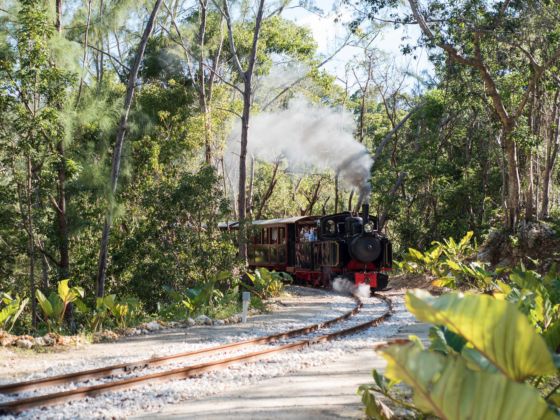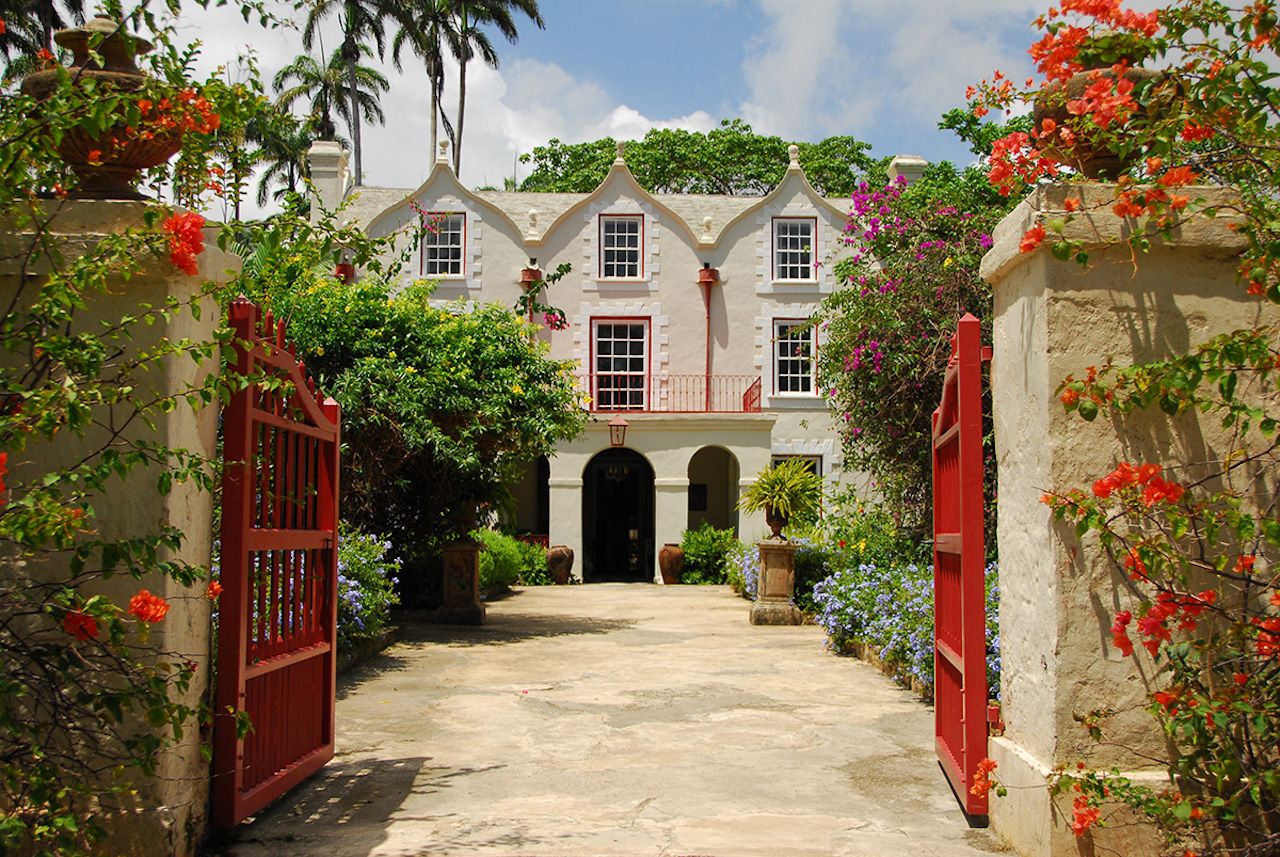Barbados is considered to be the birthplace of modern rum. The first commercial sugarcane crop was planted in 1640, but before that, settlers grew sugarcane on a small scale to make kill-devil, a precursor to rum with a name that references its harsh alcoholic burn. Suffice to say, the category has come a long way.
A new rum train excursion through the sugarcane fields of a farm-to-bottle distillery shows visitors just how far Barbados rum is from its kill-devil past. The train’s place in the fields is important, because those fields are the foundation for a spirit that’s intrinsically linked with the Caribbean islands.


